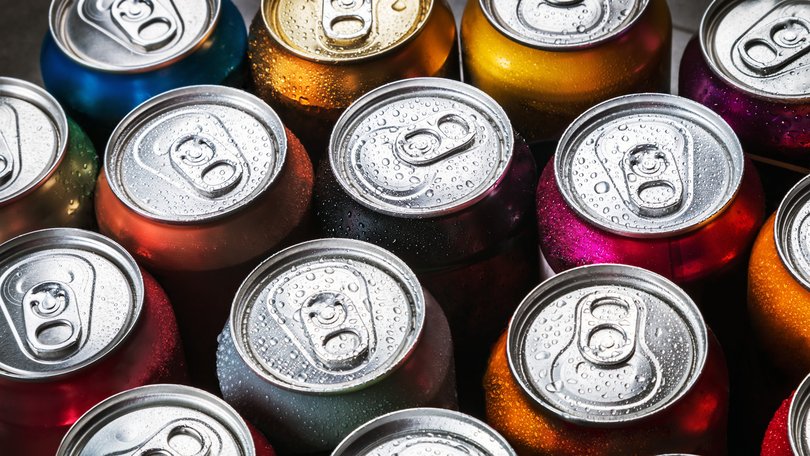Sarah Di Lorenzo: The hidden health effects of diet soft drinks, according to a nutrition expert
SARAH DI LORENZO: Think swapping to diet soda makes you healthier? Here’s why that could backfire.

Diet soft drinks are popular because they offer sweetness without calories, allowing people to manage weight and conditions such as diabetes. Their appeal also comes from the variety of flavours, marketing and convenience.
They have been seen as a healthier alternative to regular soft drinks, but growing evidence suggests that when consumed regularly and in high amounts, they can carry significant health risks.
Regular consumption of diet soft drinks has been linked to an increased risk of metabolic syndrome, defined as a group of conditions that include elevated blood sugar, abdominal obesity, high triglycerides, low HDL cholesterol and high blood pressure.
Sign up to The Nightly's newsletters.
Get the first look at the digital newspaper, curated daily stories and breaking headlines delivered to your inbox.
By continuing you agree to our Terms and Privacy Policy.Studies show that drinking at least one diet soft drink daily is associated with a 36 per cent higher risk of developing metabolic syndrome and a 67 per cent higher risk of type 2 diabetes compared with those who do not consume them.
These associations persisted even after adjusting for baseline body mass index, suggesting that diet soft drinks may independently contribute to the development of these metabolic disorders.

Even though diet soft drinks are calorie-free, there is evidence that their intense sweetness can disrupt normal hunger and satiety signals.
This can prompt cravings for other sweet or calorie-dense foods and potentially lead to weight gain, defeating their purpose as products marketed for weight loss and maintaining a healthy weight.
Artificial sweeteners can also mimic glucose and stimulate the reward centre in the brain, triggering hormonal responses that promote increased appetite and fat accumulation, particularly around the abdomen.
Research indicates daily consumption of diet soft drinks may increase the risk of cardiovascular complications, including high blood pressure, stroke and coronary heart disease.
Regular consumption has been linked to doubling the risk of developing end-stage kidney disease. This may be due to a higher acid load from phosphates, as well as the likelihood that people consuming these beverages could also have poor dietary habits.
There is growing concern because of the negative impact of artificial sweeteners, especially aspartame, saccharin and sucralose on gut health.
Research suggests they may alter the gut microbiota, leading to dysbiosis, increased intestinal permeability and inflammatory changes that can affect glucose metabolism and insulin sensitivity.
They may also disrupt the production of short-chain fatty acids, which are critical for metabolic health. The potential long-term consequences include systemic inflammation and impaired glucose tolerance.
High consumption of diet soft drinks can also cause other side effects, including tooth enamel erosion, headaches, reduced bone density (osteoporosis and osteopenia) and increased sugar cravings.

Diet soft drinks do not provide any vitamins, minerals, antioxidants or beneficial plant compounds found in other drinks like tea or sparkling water. They contain no nutrients.
For people with diabetes or those trying to reduce sugar intake, very occasional consumption of diet soft drinks is generally considered less harmful than regular soft drinks. But daily use, especially multiple servings, should be avoided.
The safest hydration options remain water first and foremost, mineral water, tea or coffee. If you want a drink with a little extra flavour, add fresh lemon, lime, mint, cucumber, orange or pomegranate to sparkling water.
This not only keeps you hydrated but also adds nutrients such as vitamin C while supporting gut health with herbs such as fresh mint.
Diet soft drinks are not as harmless as many believe. Regular consumption is increasingly linked to metabolic, cardiovascular, renal and gut health issues. The best solution is to avoid them altogether for long-term health and wellness.
